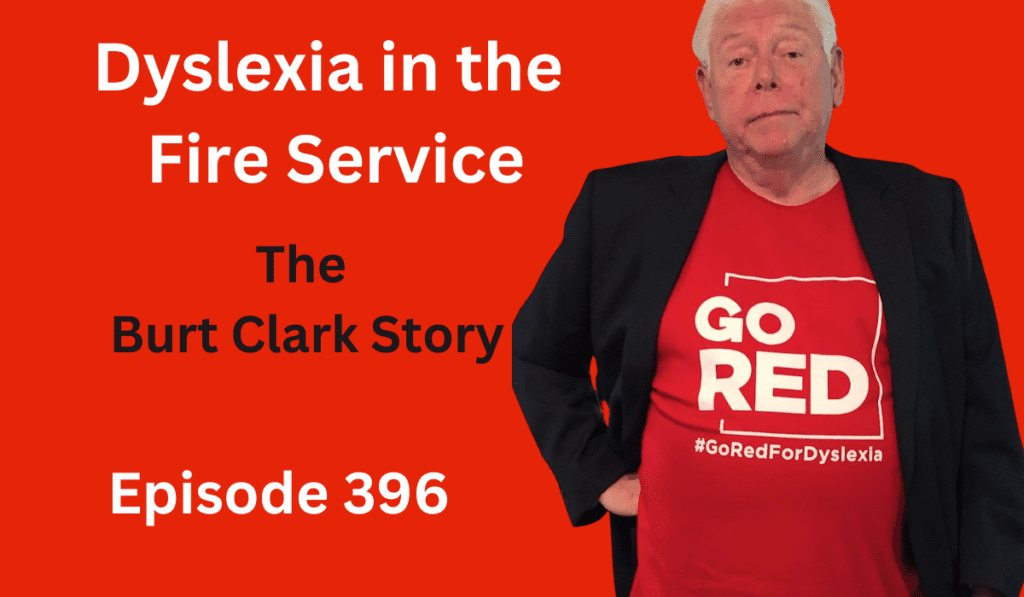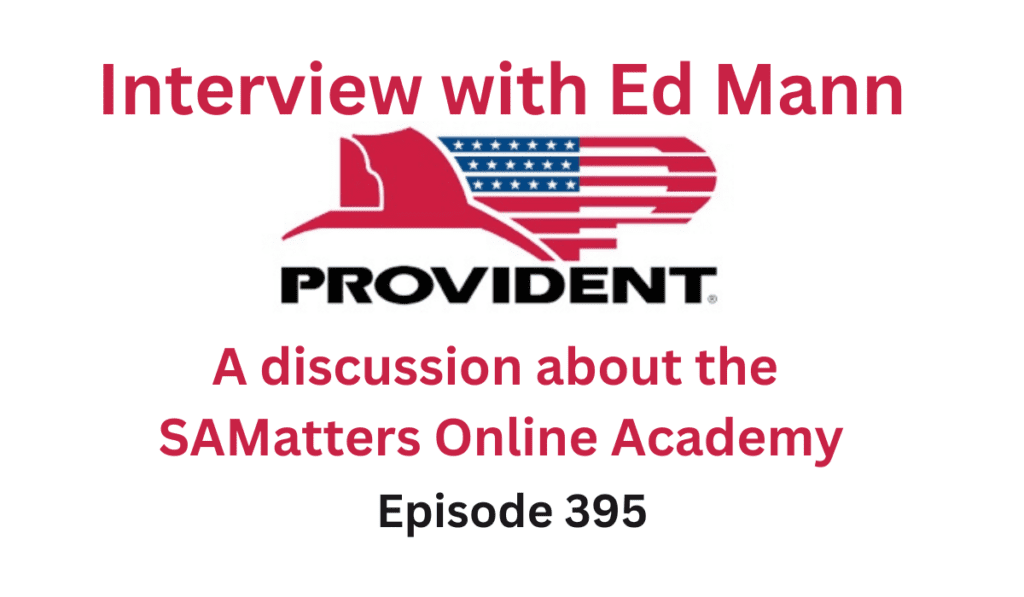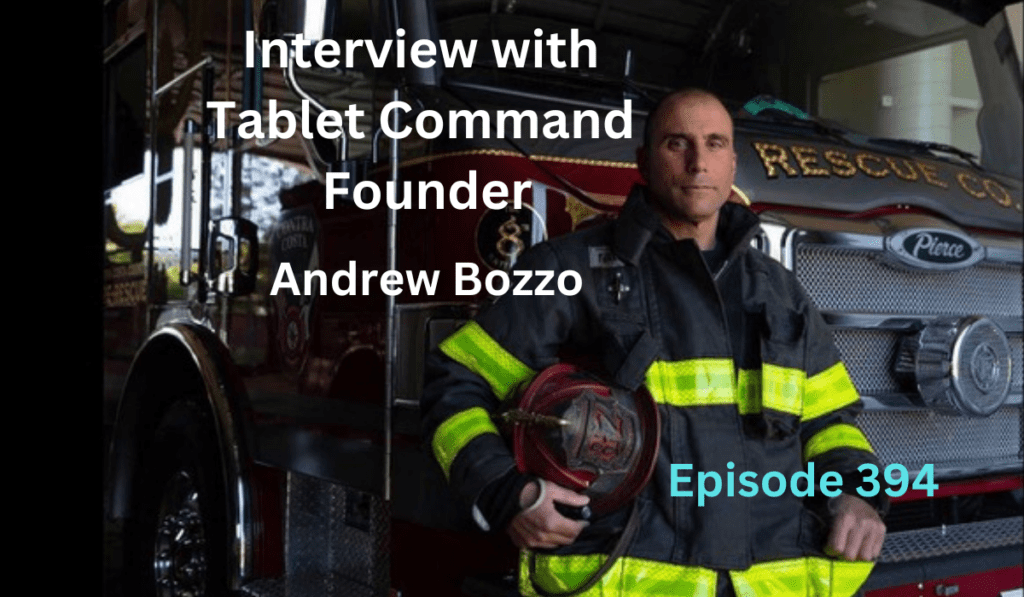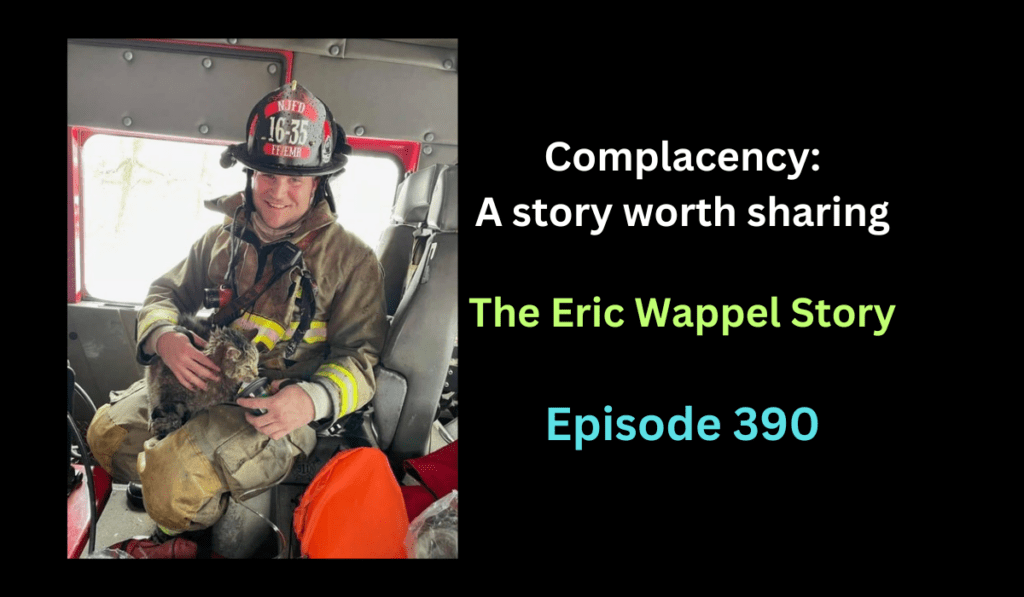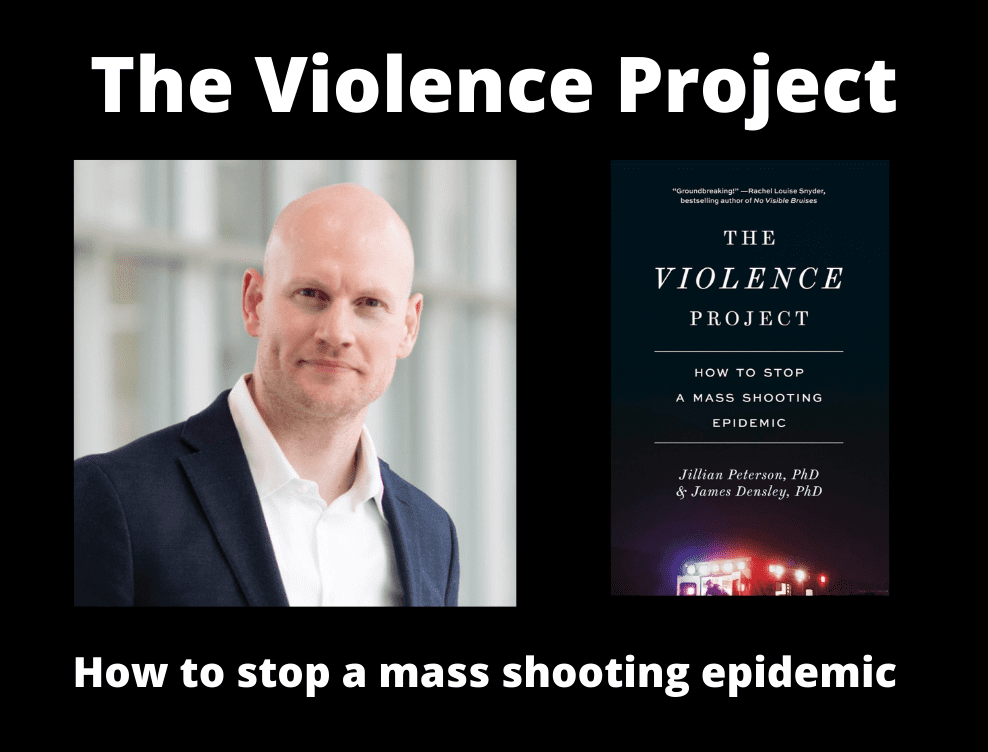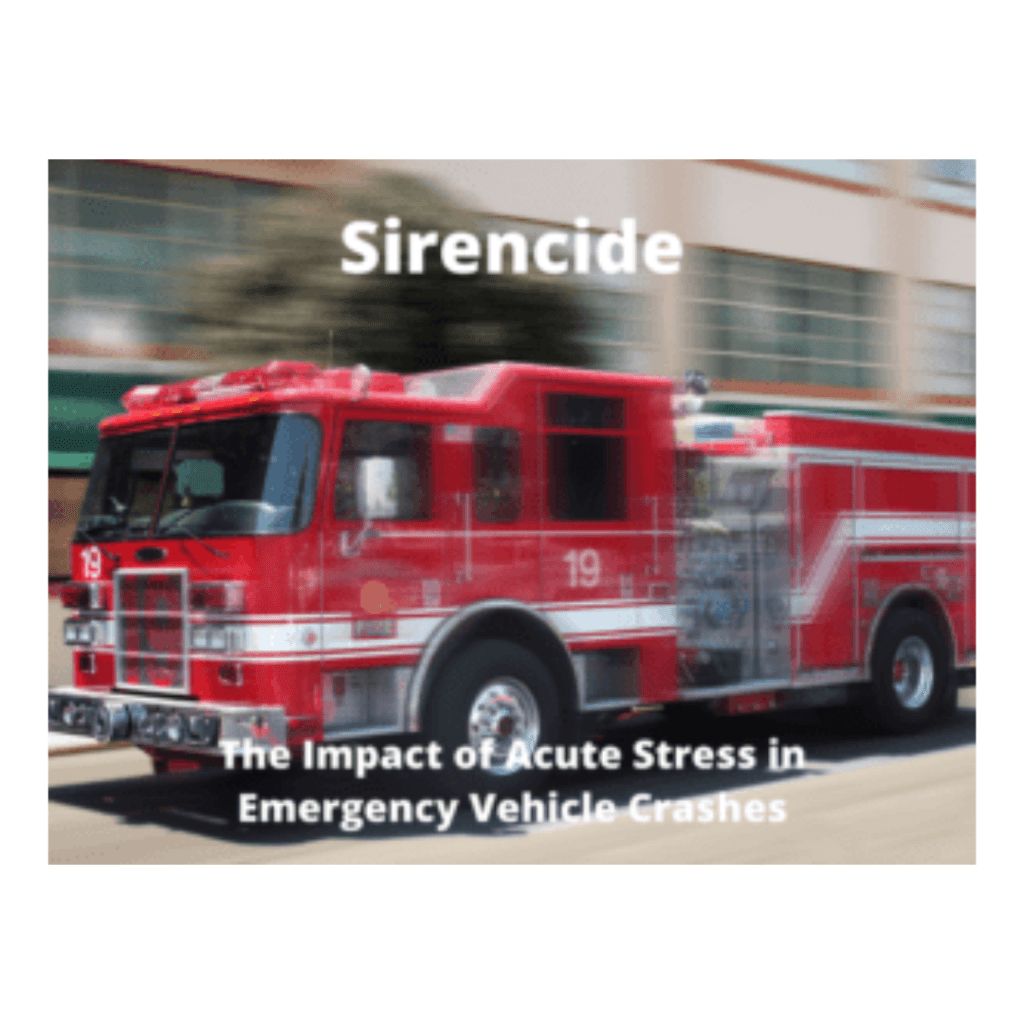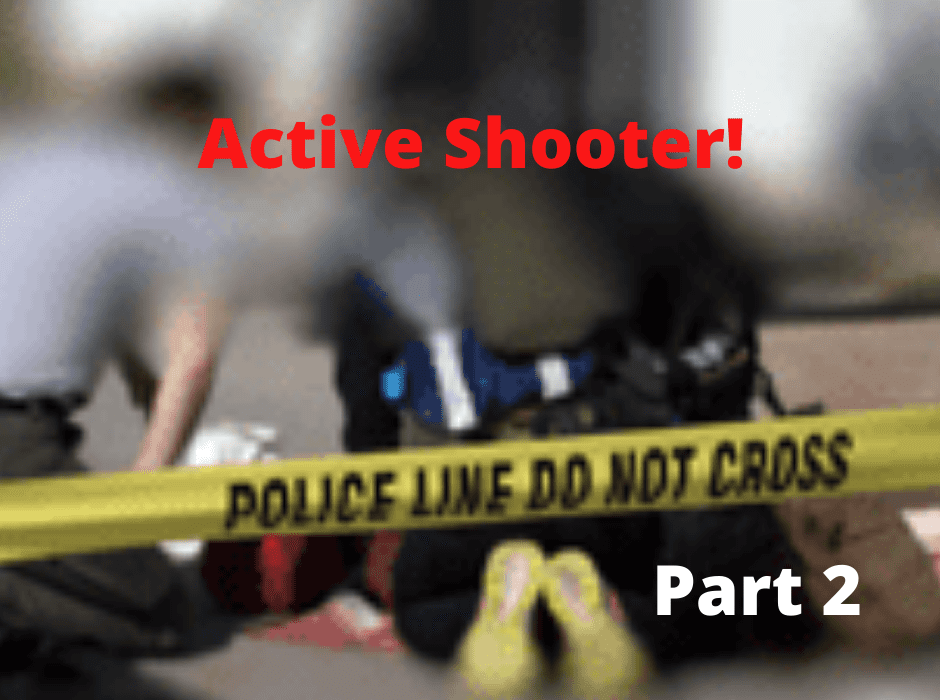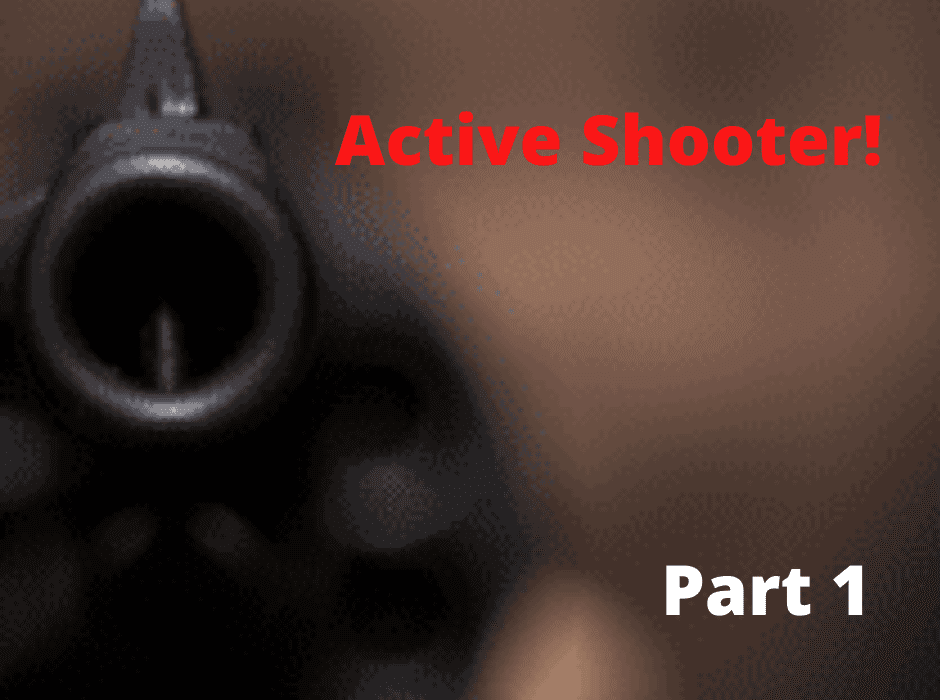Dyslexia in the Fire Service: The Burt Clark Story – 396
In this episode, Dr. Gasaway talks with Dr. Burton Clark on the topic of Dyslexia in the fire service. Dr. Burton A. Clark, EFO has been in the fire service for 53 years. He’s known he was a Dyslexic since early childhood and is passionate about reducing the stigma around firefighters with Dyslexia. Dr. Clark was […]
Dyslexia in the Fire Service: The Burt Clark Story – 396 Read More »

